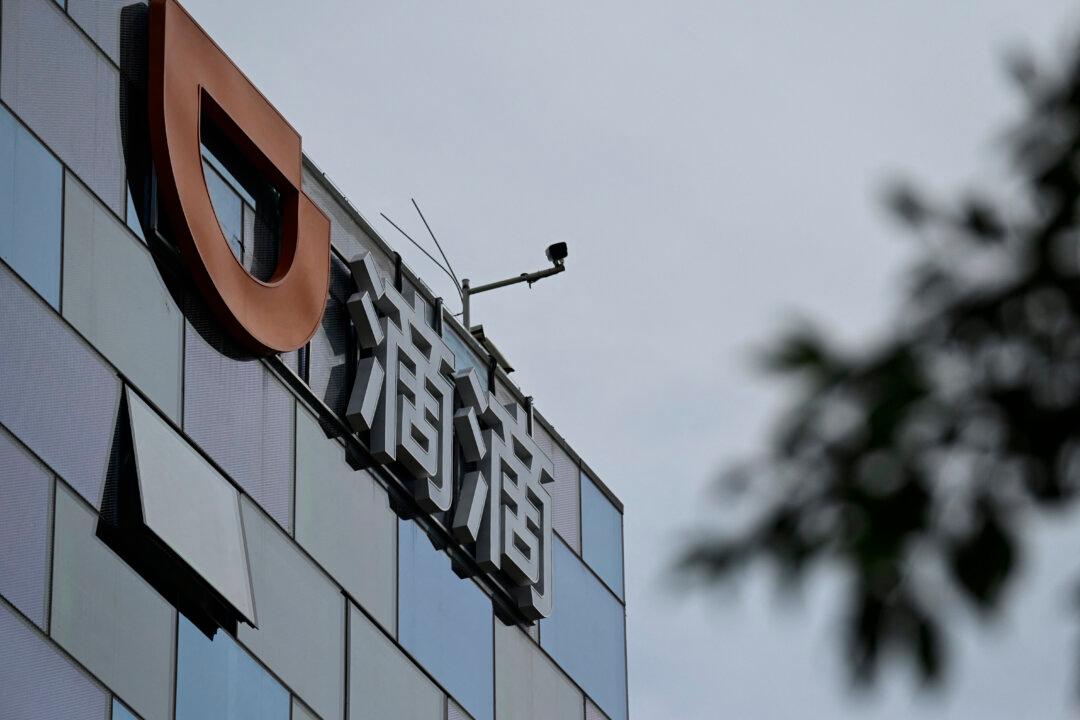China’s homegrown tech giants could encounter major obstacles when listing abroad, as the communist regime has stepped up efforts to control them, says a China expert.
Li Hengqing, a scholar at the Washington Institute for Information and Strategy, said the regime’s proposed scrutiny of all offshore listings was aimed at stopping companies’ data, and more importantly, money from flowing abroad.




